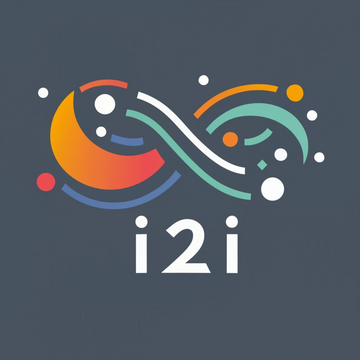i2i 2024

Every spring, IJCLab's Computer Science Department, in collaboration with the "Computation and Data" Transverse Group and the PHENIICS Doctoral School, offers a sequence of half-day training modules primarily aimed at PhD students.
The 2024 session has been held from March 25 to April 5. We accept registrations from all IJCLab members and friends (LPP, IAS, LoOPS, ...), on a waiting list, subject to the availability of places left by PhD students.
If you are a PhD students, DO NOT REGISTER HERE, but rather on ADUM, till March 1. You will be given priority and certificate of attendance. In the ADUM catalog (https://adum.fr/script/catalogue.pl?site=psaclay), all i2i courses are in the section "Méthodes, outils, techniques et concepts mobilisables pour la réalisation des travaux de recherche doctoraux", except one in "Se former à la science ouverte et aux données de la recherche".
If you are not a PhD student, do register here, till March 15. The individual teacher of each half-day will let you know, once ADUM is closed, if there is still enough place for you, on a first-registered, first-accepted basis. If many candidates cannot be approved, we will try to replay some training later in the year.
A few final points of attention:
- If you never used a Linux terminal before, we strongly advise to follow the opening "Unix Shell" module.
- The "Using the VirtualData Cloud" course will teach you how to use the computing platform operated by IJCLab's operations department.
- The "Make your code more robust" course is over 2 half-days: you must take both.
- The "Make your code more efficient" course is over 2 half-days: you must take both.
- The "Deep Learning" course requires you to have taken "Machine Learning" beforehand...
